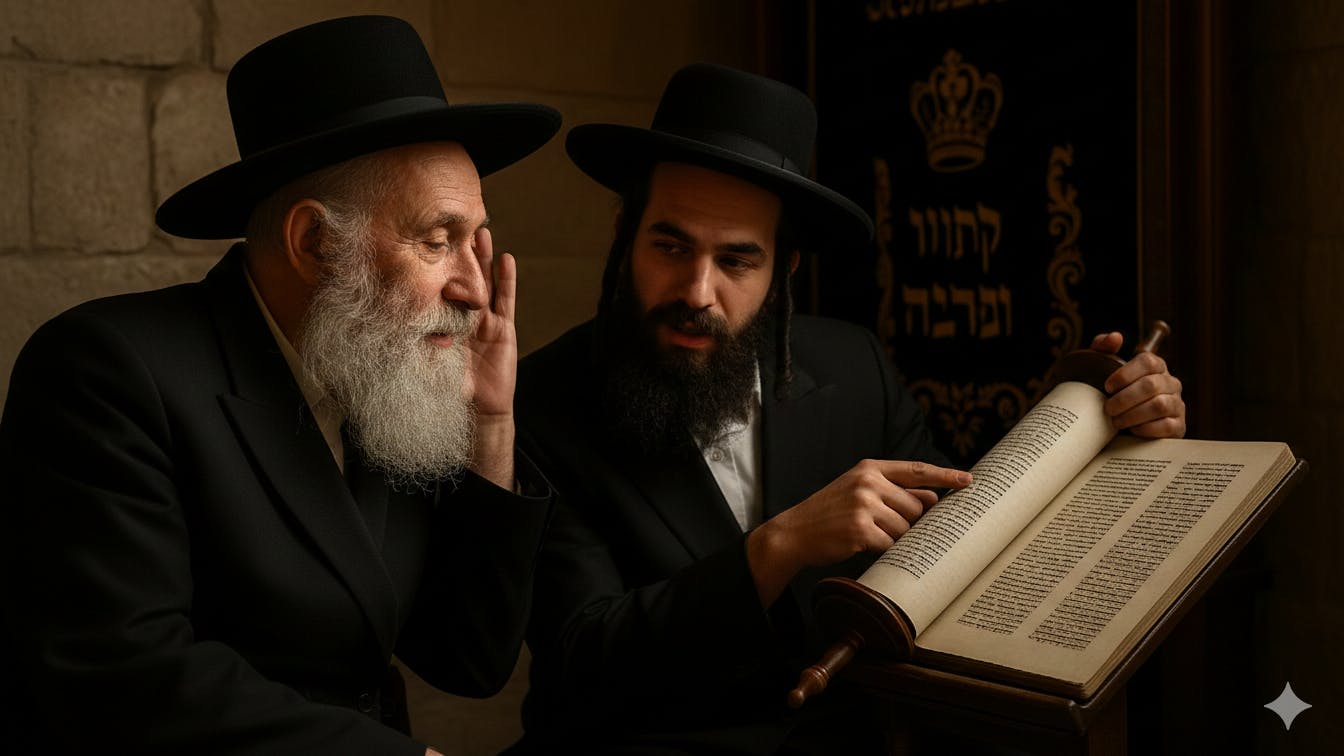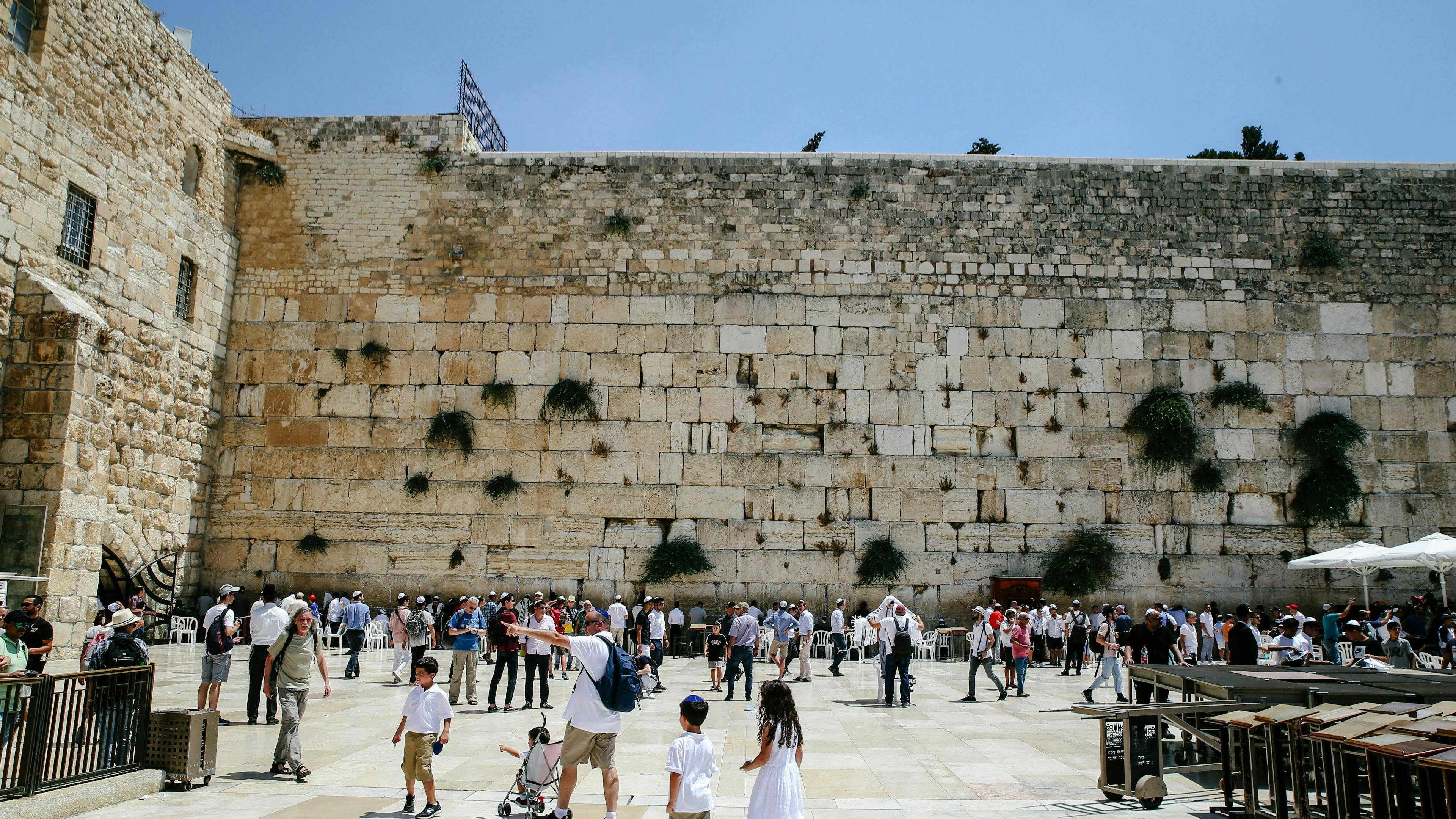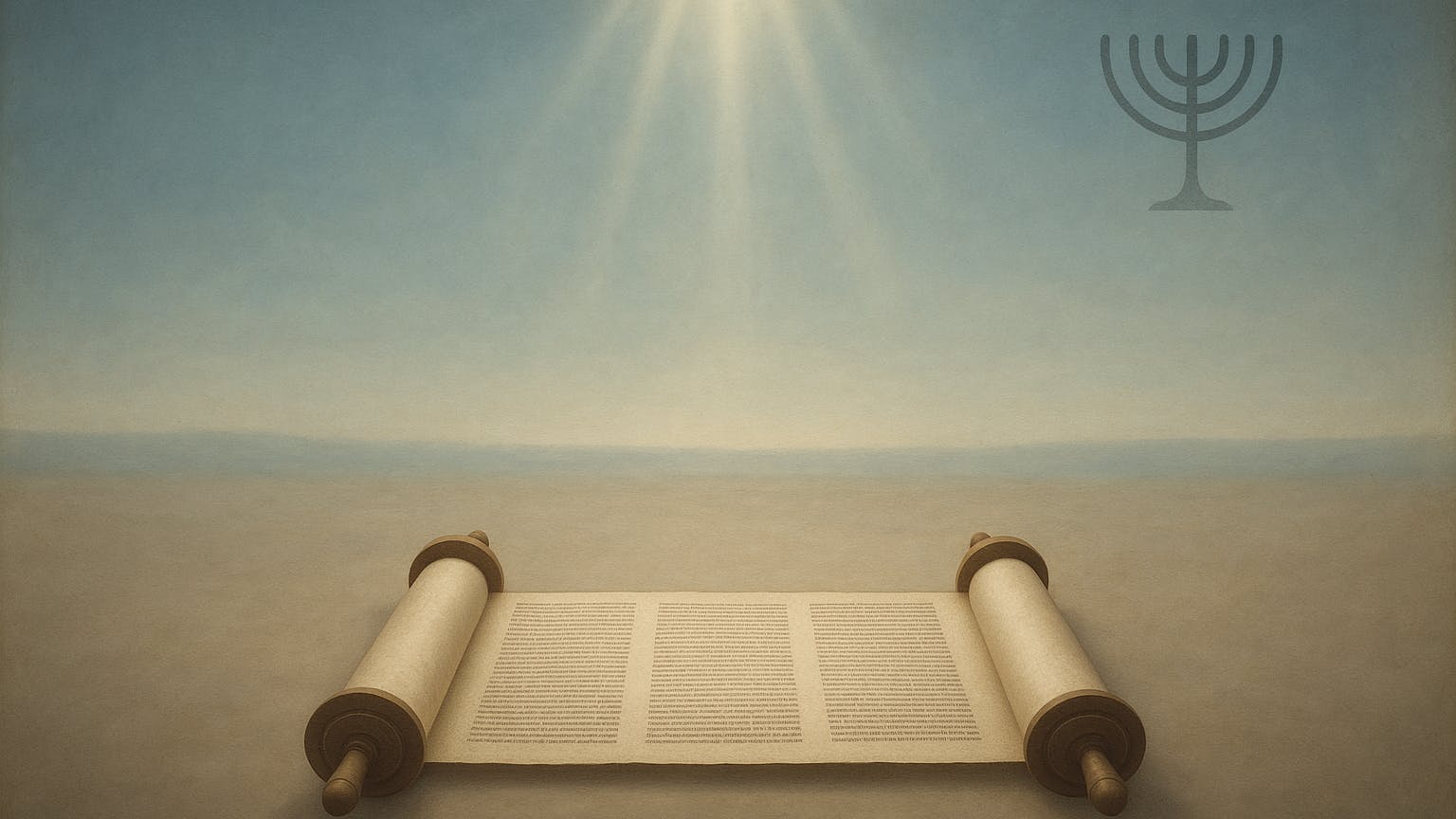The Burden of Sin and the Search for Atonement
For many Jews, Yom Kippur is a time of contrition, in which they may seek out those whom they have possibly offended and apologize to them. Oftentimes this will take the form of a personalized apology to people whom they have wronged. Indeed, a man who sins is typically reminded of sin frequently. Such a man may seek to drown out his conscience with entertainment and distraction, but it will still whisper in his ear, keep him awake at night, and remind him of his guilt.
King David himself understood this human predicament when he declared:
Psalm 143:2
"And enter not into judgment with thy servant: for in thy sight shall no man living be justified"
Seeking to alleviate this dread and doom, and fearing Judgment Day, it is common for Jews to seek forgiveness of each other before the day of fasting in which they pray for forgiveness in the synagogue.
Two Approaches to Yom Kippur
While for most modern religious Jews, this sorrowful disposition and sincere prayer are considered sufficient, some Haredi Jews take a different approach through the practice of kapparot. They sacrifice a rooster on behalf of their sins. A prayer is said, the chicken is swung around ceremonially, and it is put to death. The chicken's blood is spilled so that the sinful man can then go free, with the sins of the man being ascribed or imputed to the chicken itself.
This practice raises an important question: why a chicken, given that this animal is never mentioned in the Bible as a prescribed sacrifice for either the tabernacle or the temple?
The Logic Behind Kapparot
The reason for the kapparot rooster sacrifice in Judaism stems from a linguistic connection: גֶּבֶר (gever) in Aramaic in the Babylonian Talmud means both rooster and a man. According to Johannes Buxtorf (The Jewish Synagogue, 1603), the logic follows: "Now if Gever offends, Gever must also in justice suffer for his offense."
Yet this reasoning appears to be an attempt to circumvent divine justice through wordplay, as if the Almighty could be deceived into accepting a rooster as substitute for a man. This approach to atonement reflects a misunderstanding of how God's justice operates.
The Problem with Human Solutions
Not only is a rooster absent from Scripture among the animals designated for temple sacrifice, but Israel no longer even has a temple, fulfilling the prophecy in Hosea 3:4:
Hosea 3:4
"For the children of Israel shall abide many days without a king, and without a prince, and without a sacrifice, and without an image, and without an ephod, and without teraphim."
The end of the temple system was not an accident but part of God's plan. With no temple, no priesthood, and no prescribed sacrifices, how can atonement be achieved? The sincere desire for forgiveness that drives both personal contrition and kapparot practices demonstrates a genuine spiritual hunger, but neither human effort nor substitute sacrifices can satisfy divine justice.
God's Provision for Atonement
Rather than leaving His people without hope, God provided the true atonement through the Messiah prophesied in Isaiah 53. This passage describes not a rooster, but one who suffers for our sins, being a man of sorrows and acquainted with grief:
"Surely he hath borne our griefs, and carried our sorrows: yet we did esteem him stricken, smitten of God, and afflicted. But he was wounded for our transgressions, he was bruised for our iniquities: the chastisement of our peace was upon him; and with his stripes we are healed. All we like sheep have gone astray; we have turned every one to his own way; and the Lord hath laid on him the iniquity of us all." (Isaiah 53:4-6)
The Divine Identity of the Messiah
This Messiah is not merely human but divine, as revealed in multiple passages of Hebrew Scripture. In Psalm 110, we read of a conversation within the Godhead:
"The Lord said unto my Lord, Sit thou at my right hand, until I make thine enemies thy footstool."
The first "Lord" references God the Father, and the second "Lord" references the Messiah, the Son of God. Similarly, Psalm 45:6-7 addresses the Messiah directly as God:
Psalm 45:6-7
"Thy throne, O God, is for ever and ever: the sceptre of thy kingdom is a right sceptre. Thou lovest righteousness, and hatest wickedness: therefore God, thy God, hath anointed thee with the oil of gladness above thy fellows."
Even in Genesis, we glimpse this divine plurality: "Then the Lord rained upon Sodom and upon Gomorrah brimstone and fire from the Lord out of heaven" (Genesis 19:24).
The Futility of Substitutes
The substitution of ritual practices for the Messiah whom God has provided cannot accomplish true atonement. Neither a rooster sacrifice nor the sincerity of a man's contrition can atone for sins on Yom Kippur. Rather, forgiveness can only come through trusting in the Messiah, Jesus Christ. As Isaiah continues:
Isaiah 53:10-12
"Yet it pleased the LORD to bruise him; he hath put him to grief: when thou shalt make his soul an offering for sin, he shall see his seed, he shall prolong his days, and the pleasure of the LORD shall prosper in his hand. He shall see of the travail of his soul, and shall be satisfied: by his knowledge shall my righteous servant justify many; for he shall bear their iniquities. Therefore will I divide him a portion with the great, and he shall divide the spoil with the strong; because he hath poured out his soul unto death: and he was numbered with the transgressors; and he bare the sin of many, and made intercession for the transgressors."
The Hope of True Forgiveness
As Jews approach Yom Kippur, if you know in your conscience that you are a condemned sinner who has broken all of God's commandments, there is genuine comfort available. If you trust in Jesus Christ, you will be forgiven of your sins, for the sins of His people were imputed to Him on the cross, and His righteousness was imputed to His people. This is the true exchange that no rooster can accomplish, and it transcends what human contrition alone can achieve.
True contrition—genuine repentance from sin—will indeed flow forth if you truly believe in Jesus. Yet this will not be a once-per-year ritual for sins against others, but rather a deep and personal recognition of your own need for God's grace. It is a turning from sin in faith, by God's grace, to Christ Himself—the One whom the Scriptures proclaim as the suffering servant who bears the iniquity of many.
More Topics
You might alsoo be interested in these topics.



